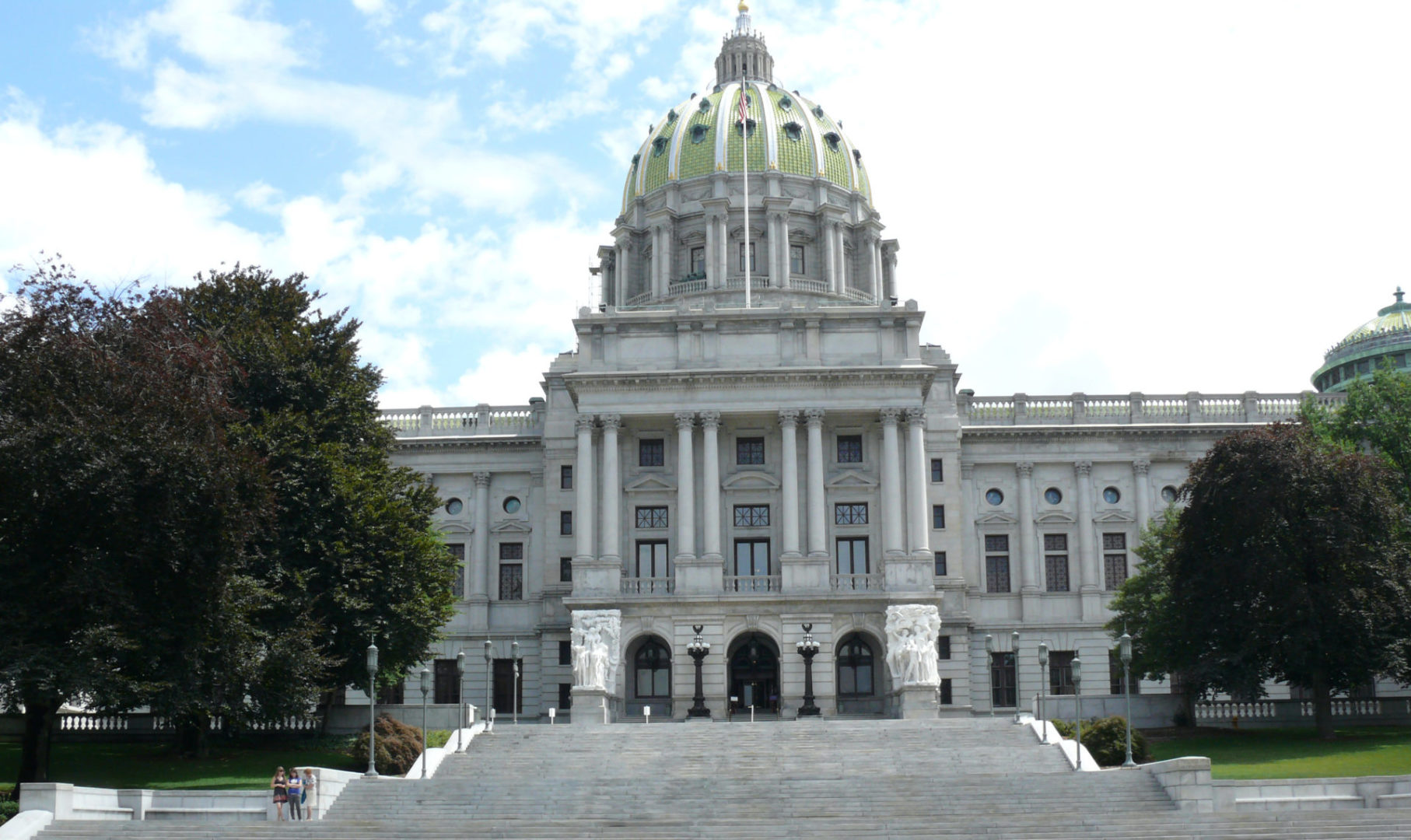‘Democracy Starts with Us’
The Pennsylvania legislature is among the largest and highest paid in the country. Unfortunately, democracy is not measured by how many state and federal representatives we have, or even by how much we pay our representatives. It is what they do. Pennsylvania’s ”full-time” legislators in the House met 69 days, and Senate members only 52 days, during the last calendar year. True, some of their “time” was spent in travel to the Bahamas, for off-site “discussions,” but we need to do better.
Pennsylvania’s essential role in the founding of our country earned it the nickname, the “Keystone State.” That’s a lot to live up to. Our state legislators have a decisive role in democracy, but we have the most important role. Democracy starts with us; we select our representatives to act for us. Make your preferences known.
Now is a great time to meet with our “representatives” to understand redistricting, gerrymandering, the Electoral College (win without a majority of total votes), foreign interference and new voter ID laws. That’s our responsibility. We have to understand the issues, tell our representatives what we think and be sure our representatives understand. For example, we can discuss under-resourced cities, gun-violence, the pandemic and mask mandates, school inequalities, the health of our natural environment, unionization and voter suppression.
The mid-term election in 2022 is very important. Yes, we hold our politicians accountable for democracy, but we have the most important role.
Carl Evensen,
Ferguson Township
Benninghoff and the Blame-Game
State House Majority Leader Kerry Benninghoff’s op-ed in Thursday’s CDT is a prime example of using a non-partisan issue, the Ukraine invasion, for partisan purposes.
Representative Benninghoff writes about the importance of Pennsylvania’s natural gas resources in a global energy market that is in the throes of dramatic geopolitical change. Fair enough. Unfortunately, he omits any mention that Pennsylvania is already the natural gas producing state with the lowest taxes in the industry. Strangely, he goes on to blame the Democrats and the Wolf administration for a failure of leadership, even though Pennsylvania is the second largest producer of natural gas in the country, following only Texas, which, by the way, levies a 7.5% extraction tax, to Pennsylvania’s 0% extraction tax (instead, PA charges an annual impact fee for every gas well that’s drilled, resulting in much lower revenues).
But in the most egregious and blatantly self-serving portion of his piece he blames our “state and federal leaders” for policies that will “embolden” Vladimir Putin.
Nice try, Mr. Benninghoff, but your reasoning is full of gas and your argument doesn’t hold water.
Ronald Filippelli,
State College
Business Tax Reductions Don’t Create Jobs
A common false narrative, pushed by Republican politicians, is that reducing an employer’s income tax will lead to job creation. Not true.
The theory is that employers, upon learning that their tax liabilities are being reduced, will be so overjoyed that they will rush right out and hire a bunch of additional people.
Ain’t gonna happen.
Employers, altruistic as they might be, do not hire more people just because they can afford to. They hire more people when they need them to meet an increased demand for their products or services.
This erroneous theory, called “supply-side economics” or “trickle-down economics,” has been around for a long time, at least since the Reagan Administration (hence the alternative term “Reaganomics,” which George H. W. Bush called “voodoo economics”). It was repeated twice by the Bush-43 Administration and again by the Trump Administration. The historical data shows that the promised jobs creation never occurred in any of those four cases.
And there is no reason to expect it should have.
Of course the tax reductions left more after-tax profits in the business coffers. What did they do with the extra money? They increased dividends to shareholders and retired treasury stock, both of which enriched the investor class. They also, quite likely, returned some of it to the very politicians who provided them with the tax reduction in the first place, in the form of campaign contributions. (Could this have been the intent all along?)
But they did not create jobs.
Ed Satalia,
State College



